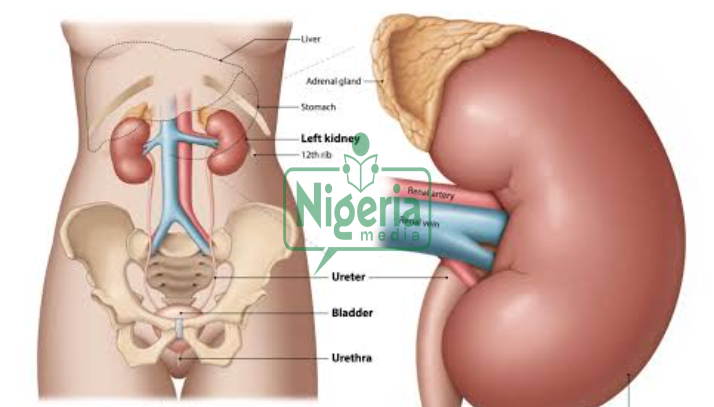
Your kidneys play a vital role in filtering waste, balancing electrolytes, and removing excess fluids from your body. But what many people don’t realize is that your diet can have a direct impact on how well your kidneys function. Consistently consuming the wrong types of food can put immense pressure on these organs and eventually lead to kidney damage or chronic kidney disease (CKD)…CONTINUE FULL READING>>>>>
In this article, we’ll highlight common foods you should avoid—or at least reduce—if you want to keep your kidneys healthy and functioning well.
1.
Salty Foods
Why it’s harmful:
Excess sodium (salt) increases blood pressure and forces your kidneys to work harder to eliminate it from the body. Over time, this can lead to kidney strain and reduced function.
Examples include:
- Processed meats (like bacon, sausages, and hot dogs)
- Canned soups and noodles
- Potato chips and salted snacks
- Fast food and restaurant meals
Healthy alternative:
Use herbs and spices to flavor your food instead of salt. Choose fresh or home-cooked meals to control sodium intake.
2.
Red and Processed Meats
Why it’s harmful:
Red meats are high in saturated fats and protein, which produce waste products that the kidneys must filter. Processed meats also contain preservatives and excessive salt.
Examples include:
- Beef, pork, lamb
- Ham, salami, corned beef
- Canned meats
Healthy alternative:
Opt for lean proteins such as chicken, fish, or plant-based sources like beans (in moderation if kidney function is already impaired).
3.
Sugary Drinks and Foods
Why it’s harmful:
High sugar intake can lead to obesity and type 2 diabetes—both major risk factors for kidney disease. It also increases inflammation and oxidative stress in the body.
Examples include:
- Soda and soft drinks
- Sweetened fruit juices
- Candy, pastries, and desserts
Healthy alternative:
Drink water, herbal teas, or fresh homemade juice without added sugar. Use natural sweeteners like honey or dates in moderation.
4.
Too Much Dairy
Why it’s harmful:
While dairy is a good source of calcium, excessive consumption can lead to a buildup of calcium in the kidneys, increasing the risk of kidney stones.
Examples include:
- Whole milk
- Cheese
- Ice cream and creamy sauces
Healthy alternative:
Choose plant-based milk like almond, coconut, or oat milk. Use cheese sparingly and opt for low-fat options when possible.
5.
Artificial Sweeteners
Why it’s harmful:
Many diet products and sugar-free drinks contain artificial sweeteners like aspartame or saccharin, which have been linked to reduced kidney function with long-term use.
Examples include:
- Diet sodas
- Sugar-free candy and gum
- Low-calorie drinks
Healthy alternative:
Stick to natural sweeteners or simply reduce your overall sweet intake.
6.
High-Oxalate Foods
Why it’s harmful:
Oxalates are compounds that can contribute to kidney stone formation in some individuals, especially those already prone to stones.
Examples include:
- Spinach
- Rhubarb
- Beets
- Nuts (especially peanuts and almonds)
Healthy alternative:
Eat these foods in moderation and drink plenty of water to help flush out excess oxalates.
7.
Foods High in Phosphorus
Why it’s harmful:
Too much phosphorus can weaken bones and damage blood vessels when kidneys can’t remove the excess. This is especially dangerous for people with existing kidney issues.
Examples include:
- Organ meats (liver, kidney)
- Dark-colored sodas
- Processed foods with phosphate additives
Healthy alternative:
Choose fresh, whole foods. Check labels for “phos-” additives.
Final Tips for Protecting Your Kidneys
- Stay hydrated: Drinking enough water helps flush out toxins.
- Avoid smoking and excess alcohol: Both are hard on the kidneys.
- Monitor blood pressure and sugar levels: Uncontrolled diabetes and hypertension are leading causes of kidney disease.
- Eat a balanced, whole-food diet: Include fruits, vegetables, and whole grains while limiting processed and packaged foods.
Conclusion
Your kidneys silently work day and night to keep your body clean and balanced. But they can only do their job well if you support them with the right nutrition. By cutting down or avoiding the foods listed above, you take a major step toward preventing kidney problems and promoting long-term health. Prevention is always better—and cheaper—than cure….CONTINUE READING
